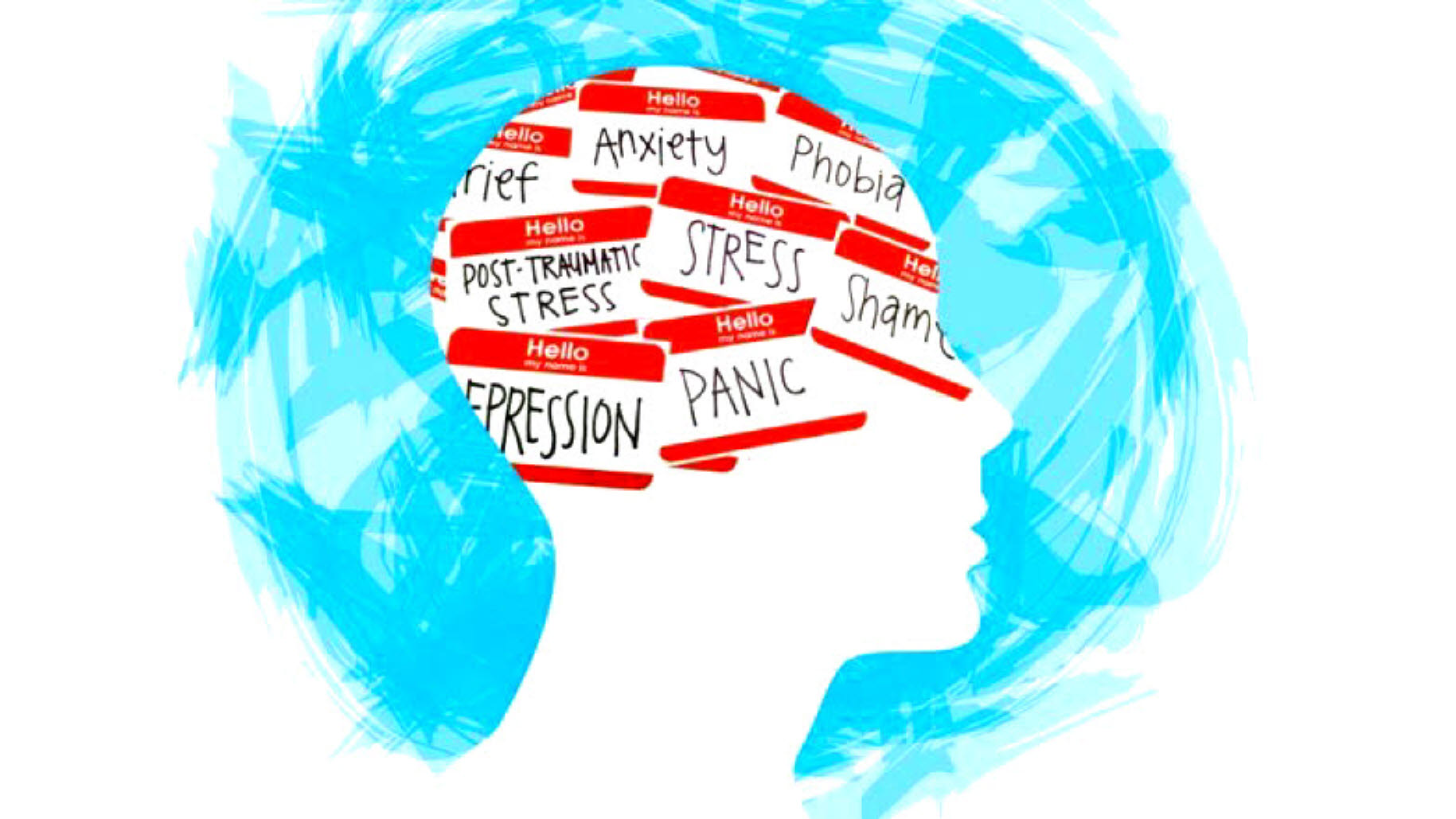
10 Effective Ways to Manage Anxiety and Stress
In today's fast-paced world, anxiety and stress have become common issues that many people face. According to the Anxiety and Depression Association of America (ADAA), anxiety disorders affect 40 million adults in the United States alone. While it's normal to experience some stress and anxiety, chronic anxiety can impact your mental and physical health. Fortunately, there are several effective ways to manage anxiety and stress that can help you lead a more balanced life.
1. Practice Mindfulness Meditation
Mindfulness meditation has been shown to reduce anxiety and stress by helping you stay focused on the present moment. A study published in the Journal of Clinical Psychology found that mindfulness-based therapies significantly reduce anxiety symptoms. To get started, find a quiet place, sit comfortably, and focus on your breath. Allow your thoughts to come and go without judgment.
2. Exercise Regularly
Physical activity is a powerful stress reliever. Exercise increases the production of endorphins, which are natural mood lifters. The American Psychological Association (APA) suggests that exercise can improve mental health by reducing anxiety, depression, and negative mood. Aim for at least 30 minutes of moderate exercise, such as walking, jogging, or cycling, most days of the week.
3. Maintain a Healthy Diet
Your diet plays a significant role in your mental health. Consuming a diet rich in fruits, vegetables, lean proteins, and whole grains can help stabilize your mood and energy levels. Avoid excessive caffeine and sugar, which can increase anxiety. Omega-3 fatty acids, found in fish and flaxseeds, are particularly beneficial for brain health.
4. Get Enough Sleep
Poor sleep can exacerbate anxiety and stress. The National Sleep Foundation recommends 7-9 hours of sleep per night for adults. Establish a relaxing bedtime routine, avoid screens before bed, and create a comfortable sleep environment to improve the quality of your sleep.
5. Practice Deep Breathing Exercises
Deep breathing exercises can help calm your mind and reduce stress. The 4-7-8 technique, where you inhale for 4 seconds, hold your breath for 7 seconds, and exhale for 8 seconds, is a simple yet effective way to activate your body's relaxation response. Practice this technique for a few minutes each day to help manage anxiety.
#James Donaldson notes:Welcome to the “next chapter” of my life… being a voice and an advocate for #mentalhealthawarenessandsuicideprevention, especially pertaining to our younger generation of students and student-athletes.Getting men to speak up and reach out for help and assistance is one of my passions. Us men need to not suffer in silence or drown our sorrows in alcohol, hang out at bars and strip joints, or get involved with drug use.Having gone through a recent bout of #depression and #suicidalthoughts myself, I realize now, that I can make a huge difference in the lives of so many by sharing my story, and by sharing various resources I come across as I work in this space. #http://bit.ly/JamesMentalHealthArticleFind out more about the work I do on my 501c3 non-profit foundationwebsite www.yourgiftoflife.org Order your copy of James Donaldson's latest book,#CelebratingYourGiftofLife: From The Verge of Suicide to a Life of Purpose and Joy
www.celebratingyourgiftoflife.com
Link for 40 Habits Signupbit.ly/40HabitsofMentalHealth
If you'd like to follow and receive my daily blog in to your inbox, just click on it with Follow It. Here's the link https://follow.it/james-donaldson-s-standing-above-the-crowd-s-blog-a-view-from-above-on-things-that-make-the-world-go-round?action=followPub
6. Connect with Others
Social support is crucial for managing stress and anxiety. Spending time with friends and family can provide a sense of belonging and help you cope with challenging situations. If you're unable to meet in person, consider virtual meetings or phone calls to stay connected.
7. Limit Alcohol and Caffeine
Both alcohol and caffeine can increase anxiety and interfere with your ability to relax. While it may be tempting to use alcohol as a way to unwind, it can actually make anxiety worse in the long run. Similarly, high caffeine intake can lead to jitteriness and exacerbate anxiety symptoms. Moderation is key.
8. Engage in Hobbies and Activities You Enjoy
Taking time for hobbies and activities you enjoy can provide a much-needed break from stress. Whether it's reading, painting, gardening, or playing a musical instrument, engaging in enjoyable activities can help you relax and recharge. Make it a point to set aside time for these activities regularly.
9. Seek Professional Help
If your anxiety and stress are overwhelming and interfere with your daily life, it may be time to seek professional help. Therapists and counselors can provide support and teach coping strategies. Cognitive-behavioral therapy (CBT) is particularly effective for treating anxiety disorders. Don't hesitate to reach out to a mental health professional if you need assistance.
10. Practice Gratitude
Practicing gratitude can shift your focus from negative thoughts to positive aspects of your life. Keeping a gratitude journal, where you write down things you're thankful for each day, can help improve your mood and reduce stress. Research published in the Journal of Happiness Studies found that gratitude is associated with greater well-being and lower stress levels.
Conclusion
Managing anxiety and stress is essential for maintaining your overall well-being. By incorporating these 10 effective strategies into your daily routine, you can reduce anxiety and improve your quality of life. Remember, it's important to find what works best for you and to be patient with yourself as you work towards a more balanced and stress-free life.
For more information please click here
https://standingabovethecrowd.com/10-effective-ways-to-manage-anxiety-and-stress/


No comments:
Post a Comment